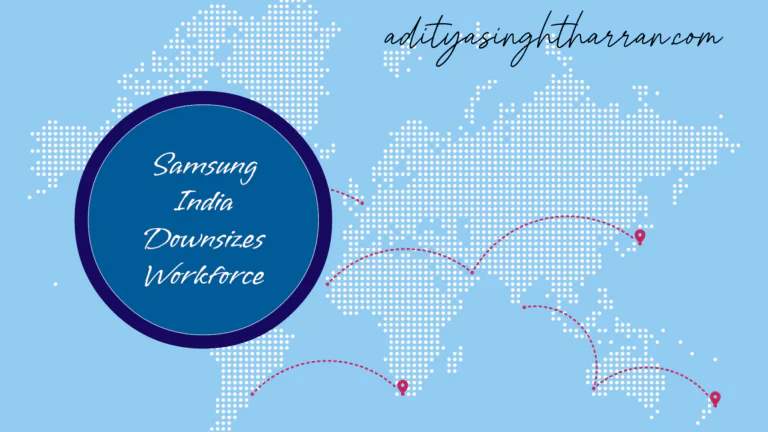Amid the trial regarding the proposed $25 billion merger with rival Albertsons, Kroger CEO Rodney McMullen recently addressed worries about increasing grocery prices. During his time testifying in Portland, Oregon, McMullen pointed to several reasons for the escalation in costs including increased supplier prices as well as rising fuel rates and elevated credit card swipe fees. According to him, these escalating costs have made it necessary for retailers like Kroger to adjust their pricing.
However, the merger proposal has encountered significant opposition from the U.S. Federal Trade Commission (FTC), and various states have joined in on this resistance. These parties claim that not only would they lead to higher prices but may also deprive unionized workers of bargaining power since there won’t be any competition between Kroger and Albertsons anymore. The FTC further states that without this rivalry among grocery giants, there could be market dominance resulting in loss of consumer and worker advantages.
Table of Contents
Costs of Food That Are Rising: A Burgeoning Worry
Soaring food prices have become a pivotal political topic as the U.S. moves into its 2024 presidential race. The U.S. Department of Agriculture states that food prices increased by 25% from 2019 to 2023, which is higher than other consumer goods and services price increases. This inflation in grocery costs has concerned both shoppers and policymakers since families in the entire nation are feeling it hard.
Will There Be Price Hikes After Kroger and Albertsons Merger?
When asked directly if the Kroger-Albertsons merger was going to lead to price hikes, McMullen responded with a firm “Absolutely not.” He reasoned that remaining relevant necessitates competitive pricing. He went ahead to state “Over time we believe value will become increasingly important, and you cannot price your items above the market.”
The Big Picture: Why Merger Is What Kroger Wants
Kroger claims that the merger is important for competing against Walmart, the biggest retailer in the US. The company believes that its scale will enable it to have more competitive prices and better shopping. On the other hand, Albertsons has shown its apprehensions that if the merger gets canceled, it may have to shut down stores and terminate employees, which might affect thousands of workers.
Consequences for Consumers and Workers
The trial could have huge ramifications on consumers’ and workers’ lives as it unfolds. The FTC and the opposing states are concerned that the relationship between the United States Department of Justice (USDOJ) and the Federal Trade Commission (FTC) may reduce competition in grocery retailing thus leading to an increase in prices as well as a reduction in labor power for unionized employees. In contrast, Kroger and Albertsons assert that this type of merger will be vital for their existence in a competitive retail environment.
Ultimately, the court’s ruling determines whether or not the merger happens; also, whether Kroger’s vows regarding maintaining competitive pricing are plausible in case of a post-merger situation.




